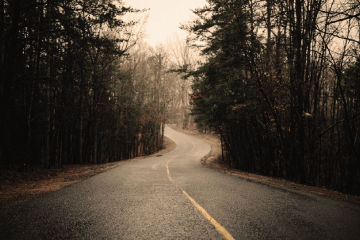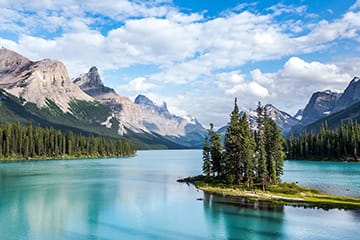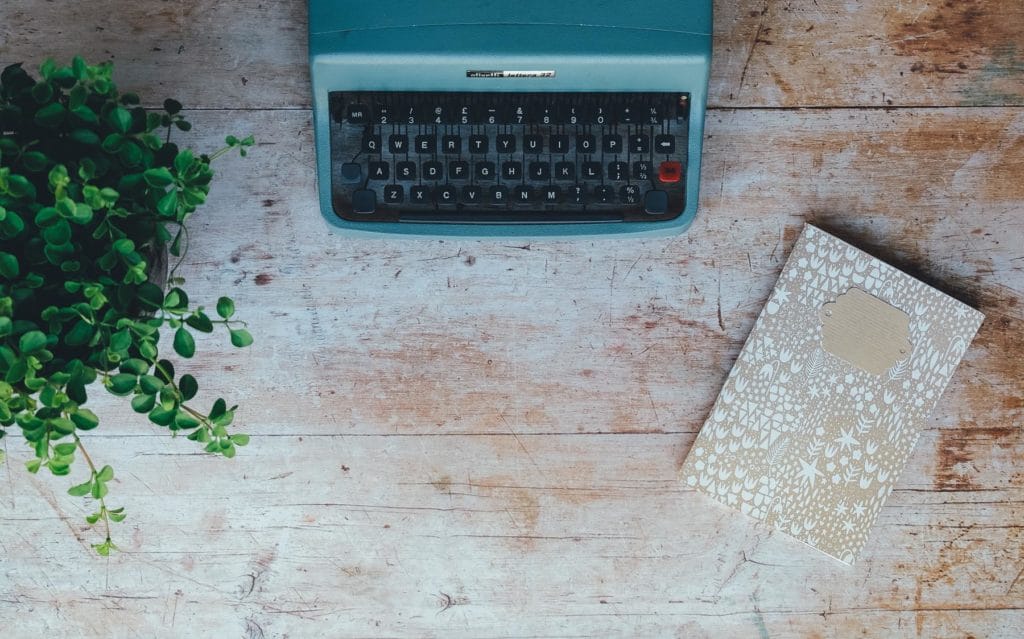
The Possibilities of Language
Hello friends,
I didn’t think about the language that I was writing in very much until I started my degrees in creative writing. I had gone to school in the British and American school systems in Kuwait and Cyprus where the primary teaching language was English. Things were different at home where my parents only spoke to us in Arabic – an act that saved our first language and kept us rooted in a deep appreciation and love of our culture.
When the calling to become a poet and a writer became too strong to ignore, I took a break from the career that I was already in to go back to university as a mature student for an Undergrad and Master’s degree in creative writing. I loved being back in an academic environment and loved even more that I was able to study something creative. I dove in enthusiastically, forging connections with other poets and writers become part of a writing community that continues to this day.
Soon after I began my Undergrad, my fellow students and tutors began to ask why I didn’t write in Arabic since it was my first language. The answer was obvious to me: I had studied in English of course, but once I began to consider the question more deeply, I realised that the real reason was far from that simple. As I tugged at that thread, an entire history of colonialism (and how language is the first thing that a colonial power will erase) unravelled before me.
What began as a passing thought I had once in a while over the course of my university degrees, grew into a flashing neon sign that I couldn’t ignore. I needed to write in Arabic. It was that simple. Then I froze.
Spoken, colloquial Arabic is nothing like the formal written language with its nuanced and beautiful grammatical structures. Linguists and grammar experts can spend their whole lives exploring its rules and exceptions.
I stayed in a state of transit for several years, going from writing prolifically in English and being published in journals and winning prizes to publishing very little, if at all. I went through a language crisis that morphed into an existential and identity crisis.
Even as I was wading through it, I always knew what the other side of this state would look like: a place where I could fluently write in Arabic. But for so long it felt so difficult, as though I was learning a language that was unfamiliar to me. I took drastic measures. I stopped reading literature and poetry in any language other than Arabic. I listened to hundreds of hours of readings on YouTube. I went back to the basics, studying at first with my father (whose love of Arabic makes him a linguist) and then with a private tutor when I felt like I had formed a solid base and needed to move on to studying the structures of classical and modern Arabic poetry.
Slowly and over several years, a door that been bolted shut for so long eventually cracked open long enough for me to step through it. I entered a world where I could enjoy Arabic without feeling overwhelmed.
Some people talk about how we activate the heart line in our palms when we write by hand. I love the idea of a direct uncensored connection from the hand to the heart. I always type first when I write in English, but I write a first draft by hand in Arabic.
From mind to heart to palm, may we all find our true language and dwell in places we can flourish.
On this balcony are all the cedars
The snow gushing into streams for the watermelons
Rolled from beneath the bed to languidly ice their hot bellies
There are all the wild queens of our history
The ancient fortress, precisely chiseled doors
Ship builders, soap makers, glass blowers, rug weavers
All the cliffs from North to South, beguiling against their ocean foam
Rushing up into tiny leaves of thyme
Above a layered puzzle of stretched sapphire skies
The engravings of writers, a prophet beneath a stone
Spiraled steps, houses clustered on the sides of
Mountains, tightly packed dice on a backgammon board
All the sunbeams resting in peach groves
Tales weaved along our days there
In the mother of all tongues, the language of the womb
The Balcony by Ruba Abughaida
If you’ve enjoyed reading it, you are welcome to share it with someone who might like to join us.
Click here for link to my bio.












